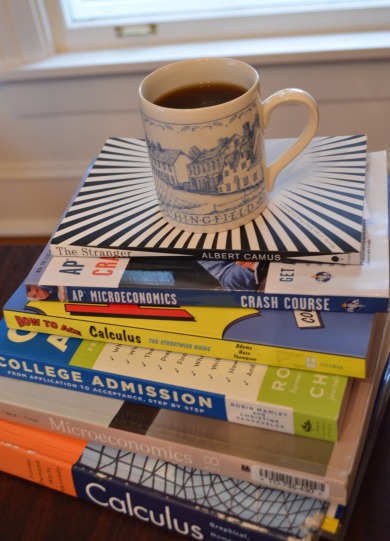Pekin Community High School suspended four students for consuming Revive Energy Mints at the school in Pekin, Illinois. An investigation revealed that the mints were not illegal drugs. The students’ suspensions persisted on the citing of “gross misconduct.”
A poll conducted by the “Today Show” indicated that 79 percent of its online viewers considered the two-day suspension too extreme of a punishment. The trouble isn’t in the caffeine supplement so much as in the reason behind it: why do students find the need to rely on such medications?
Scientists recommend that teens sleep at least eight and a half hours each night (Teens Health). According to Mrs. Constance Dolan, R.N., many studies show that high schoolers need more sleep than adolescents. Older teens require as much as 9-10 hours of sleep each night.
However, sleep subsides when students get caught up with busy schedules and late night homework sessions. “Everyday I have school, and then I have poms practice, dance rehearsal, maybe some music stuff going on, like Octet, and then I have regular dance and piano. It’s a busy day. I usually don’t finish up until 10 at night,” said Christine Hawn, senior. She sleeps 5-6 hours each night.
Many students depend on caffeine to keep them powered through their long days. Hawn brings tea to school everyday. “I love the taste of it. I’ve gotten addicted to it, and it does help wake me up in the morning,” Hawn said.
“The stimulant of caffeine can be addictive, but it’s more of a psychological addiction,” said Ms. Janelle Marconi, the department chair for physical education, health, and driver education. She teaches this concept, along with both sleep and time management, to the sophomore health classes.
In fact, caffeine is not the best way to prepare for an action-packed morning. “Water starts your body system better than caffeine because it’s not as much of a shock to your system first thing in the morning,” Marconi said.
Even with this warning, students often relent to tea, coffee, soda, and energy drinks in order to make it through all the homework, stress, and extracurriculars. Many bring caffeinated beverages to school or buy them in the school cafeteria.









